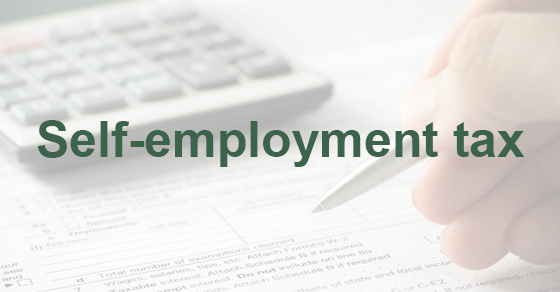How to maximize deductions for business real estate
Currently, a valuable income tax deduction related to real estate is for depreciation, but the depreciation period for such property is extended, and the land itself isn’t depreciable. Whether real estate is occupied by your business or rented out, here’s how you can maximize your deductions.
Segregate personal property from buildings
Buildings and improvements to them must be depreciated over 39 years (27.5 years for residential rental real estate and certain other types of structures or improvements). But personal property, such as furniture and equipment, generally can be depreciated over much shorter periods. Plus, for the tax year such assets are acquired and put into service, they may qualify for 50% bonus depreciation or Section 179 expensing (up to $510,000 for 2017, subject to a phase-out if total asset acquisitions for the tax year exceed $2.03 million).
If you can identify and document the items that are personal property, the depreciation deductions for those items generally can be taken more quickly. In some cases, things you’d expect to be considered parts of the building actually can qualify as personal property. For example, depending on the circumstances, lighting, wall and floor coverings, and even plumbing and electrical systems may be eligible.
Carve out improvements to land
As noted above, the cost of land isn’t depreciable. But the cost of improvements to land is depreciable. Separating out land improvement costs from the property itself by identifying and documenting those upgrades can provide depreciation deductions. Typical examples include landscaping, roads, and, in some cases, grading and clearing.
Convert land into a deductible asset
Because the land isn’t depreciable, you may want to consider real estate investment alternatives that don’t involve traditional ownership. Such options can allow you to enjoy tax deductions for land costs that provide a similar tax benefit of depreciation deductions. For example, you can lease land long-term. Rent you pay under such a “ground lease” is deductible.
Another option is to purchase an “estate-for-years,” under which you own the land for a set period, and an unrelated party holds the interest in the property that begins when your estate-for-years ends. You can deduct the cost of the estate-for-years over its duration.
More limits and considerations
There are additional limits and considerations involved in these strategies. Also, keep in mind that tax reform legislation could affect these techniques. For example, immediate deductions could become more widely available for many costs that currently must be depreciated. If you’d like to learn more about saving income taxes with business real estate, please contact us.






